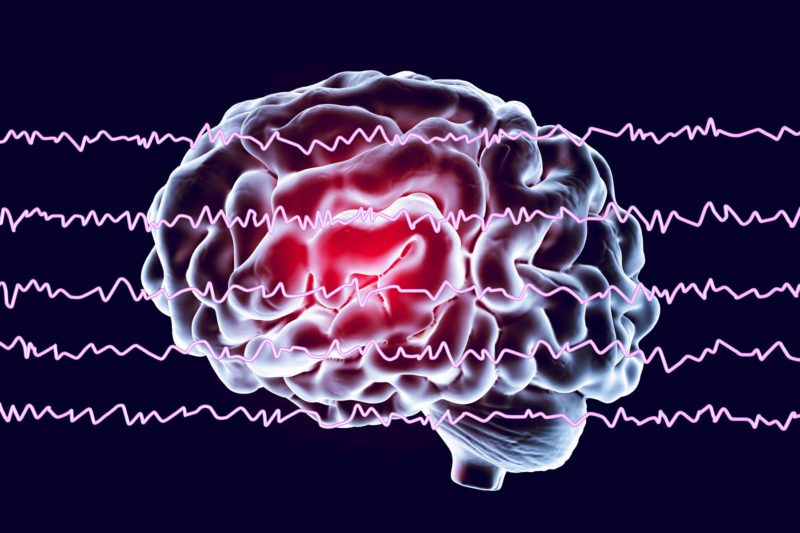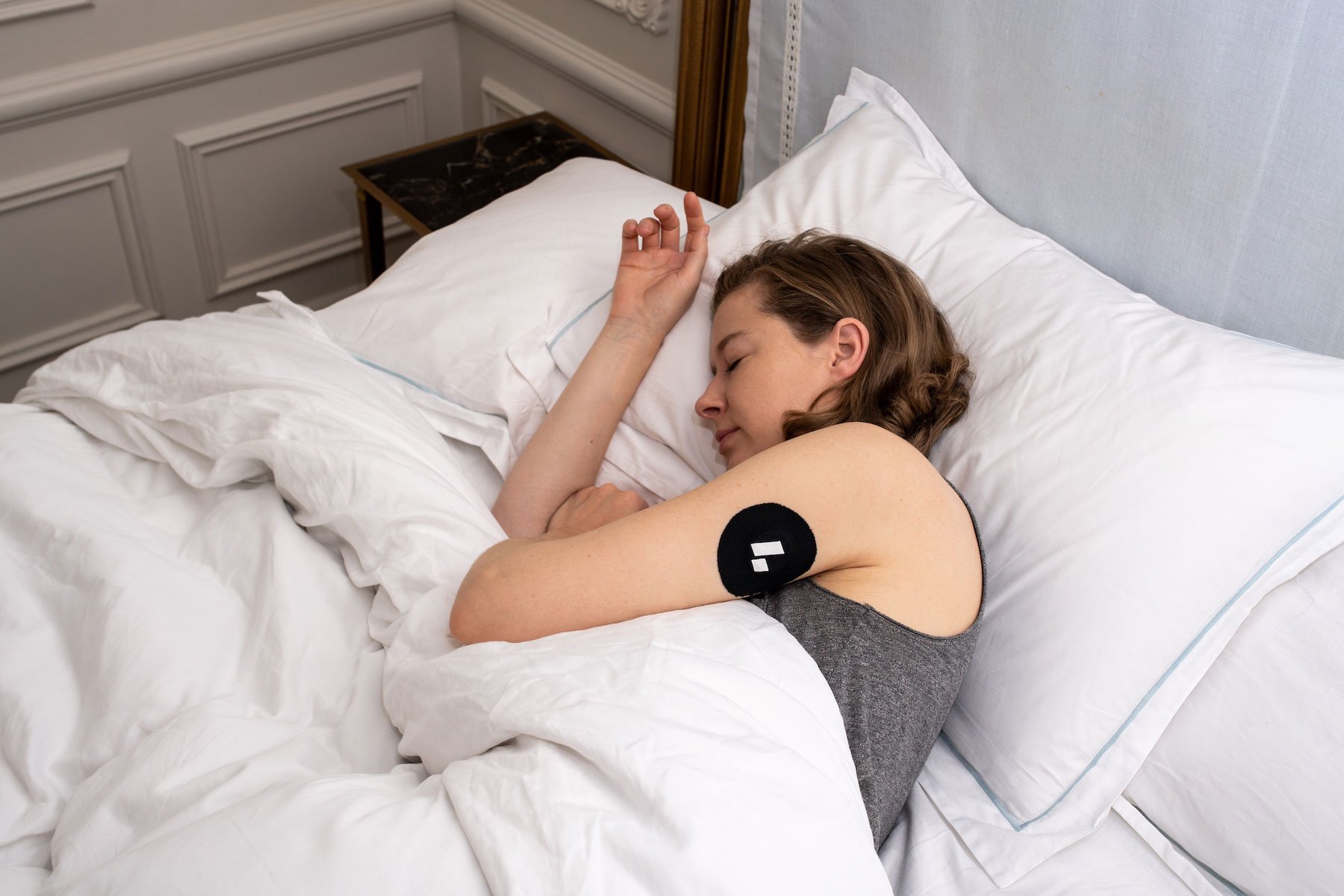The Study
A metabolic function of the hippocampal sharp wave-ripple
Published: Nature, August 2021
Where: New York University Institute of Neuroscience at Langone Medical Center
The Takeaway
Researchers studied specific types of brainwaves in rats and discovered that one type, known as the sharp wave-ripple, could stimulate a reduction in blood sugar levels.
What it Looked at
The researchers at NYU used electrodes to monitor the brains of rats while using a continuous glucose monitor to track the rats’ blood sugar levels. They noticed that certain patterns of these sharp wave-ripples from the hippocampus significantly and reliably induced waves of insulin release and subsequent reductions in the amount of sugar in the blood.
Since it can be challenging to tease apart the effects of different brainwaves on complex mechanisms in the body, the researchers then simulated the same types of waves in the same area of the brain using a technique called optogenetics, where light is shined through glass fibers onto brain cells engineered to be light-sensitive.
This produced the same waves, independent of the rat’s natural brain wave rhythm. The scientists demonstrated that simulated sharp wave-ripples applied to the same area of the brain reduced blood glucose levels just like the naturally occurring waves.
This type of brain wave, produced by an area of the brain called the hippocampus, has been studied previously because of its role in memory formation, which also occurs during sleep.
But the idea that this area of the brain might modulate the way our bodies process energy is a new one. The researchers’ findings in rats could help explain why people with chronic sleep disturbances are at increased risk of developing Type 2 diabetes.
Why It Matters
Type 2 diabetes is a common condition, affecting nearly one in 10 Americans. An increase in blood sugar (after a snack or a meal) stimulates insulin release from the pancreas. This hormone acts like a key, opening the “door” to our cells and allowing the sugar to enter and serve as an energy source. But for people with Type 2 diabetes, the cells don’t respond as well to insulin, leaving the sugar trapped in the bloodstream, where it can cause damage to blood vessels, nerves, and organs.
Researchers have known for a long time that sleep disturbances increased the risk of developing Type 2 diabetes, but the mechanism wasn’t clear. This research has shown that the brain waves released from the hippocampus during sleep reduce glucose, suggesting that in the absence of those brain waves (due to a lack of sleep), that mechanism of glucose control may be lost, offering an explanation as to why sleep problems increase the risk of Type 2 diabetes.
Sleep disruptions, which can result from sleep disorders or shift work, among other things, don’t just increase a person’s risk of developing diabetes; they also give people with diabetes a more severe prognosis.
While researchers aren’t sure exactly how the waves affect blood sugar levels, they have a couple of theories. One is that the brain waves affect the autonomic nervous system, the network of nerves in our body responsible for unconscious control of things like heart rate, hormone release, and organ function. Another possibility is that the brainwaves from the hippocampus affect the release of certain chemicals from another area of the brain, the hypothalamus, which plays a vital role in many hormonal processes in our bodies.
The hypothalamus participates in everything from how your thyroid gland works to how your reproductive system functions. Special sensors in the hypothalamus can tell when blood sugar levels are high or low and regulate the release of hormones in the body accordingly, increasing your metabolism when glucose is high and reducing how quickly you use energy when glucose levels are low.
And while we still do not have a crystal-clear understanding of exactly how sharp-wave ripples affect blood sugar levels, this research offers a new approach to understanding how sleep affects our metabolism and other hormonal processes in our bodies and a new route for potential treatments or preventative therapies.








